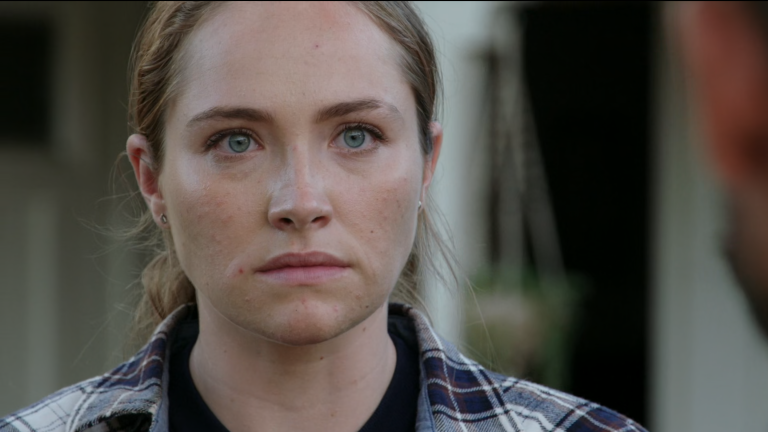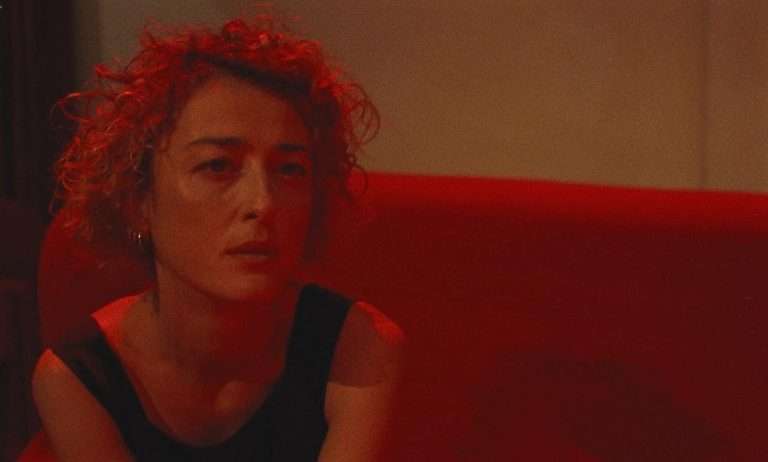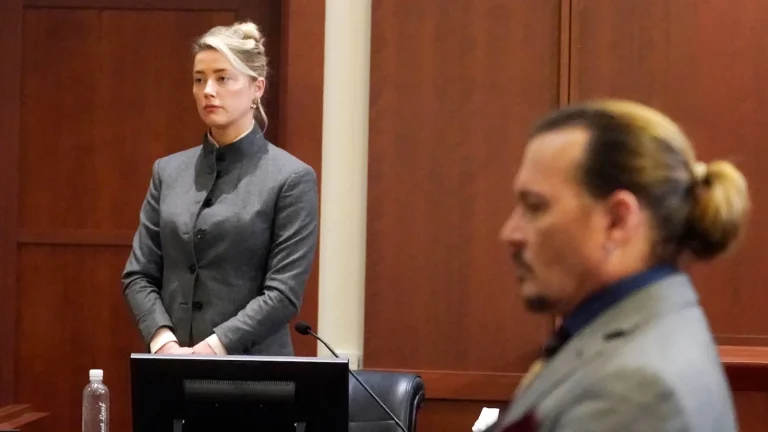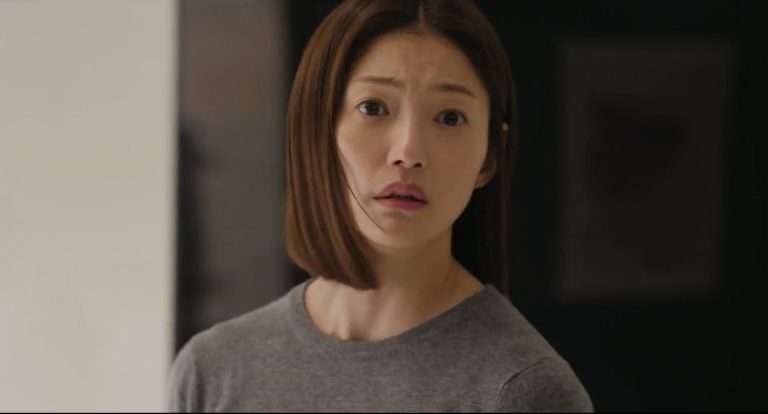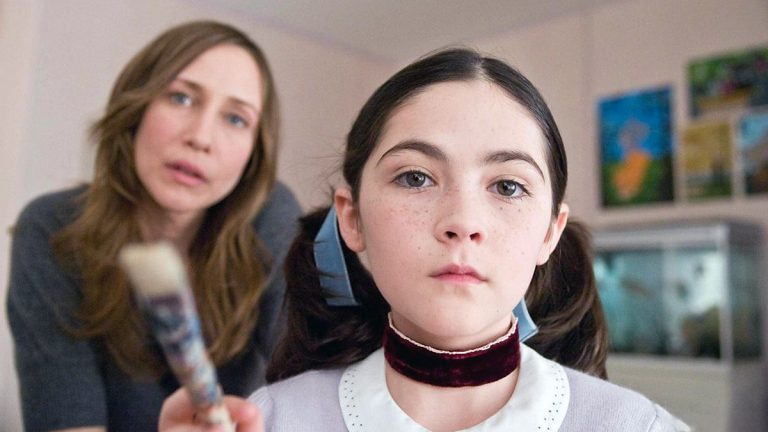The 1981 novel “The War of the Roses” felt like a mainstream work of transgressive satire, as its merciless satire of a picturesque American family was perfectly synced to the Reagan-era obsession with “family values.” The 1989 adaptation from Danny DeVito may not have been as nuanced in its perspective on class struggles, but it certainly captured the debauchery and ruthlessness of the material, with Michael Douglas and Kathleen Turner offering a dark inversion of their previous collaboration on “Romancing the Stone.”
It’s both fascinating and praiseworthy that Jay Roach’s remake, “The Roses,” is not quite as cynical as its predecessor, and finds an undercurrent of warmth within both of its protagonists. If “The War of the Roses” was a dramatic soap opera that reached a “Looney Tunes” level of violence, “The Roses” is a carefully constructed series of microaggressions that paint a sad portrayal of a tormented marriage. Any relationship is bound to have peaks and valleys, and “The Roses” is at its best when it emphasizes the cyclical nature of reunion and rejection.
Theo Rose (Benedict Cumberbatch) is a successful architect who has grown discontent with his employers, as he longs to do meaningful work that is not objected to strict regimentation. A chance encounter at a business meeting introduces him to the high-end chef Ivy (Olivia Colman), whose snarky, snappy attitude complements him perfectly. Although their marriage has lasted for a decade with only light ribbing, an unexpected series of career developments leaves Theo as the primary caretaker of their children, with Ivy putting more emphasis on her new restaurant. They initially adjust quite well, but Theo grows restless as he’s burdened by mundanity; Ivy, feeling that she has been undercut as a parent, grows increasingly resistant to his qualms.
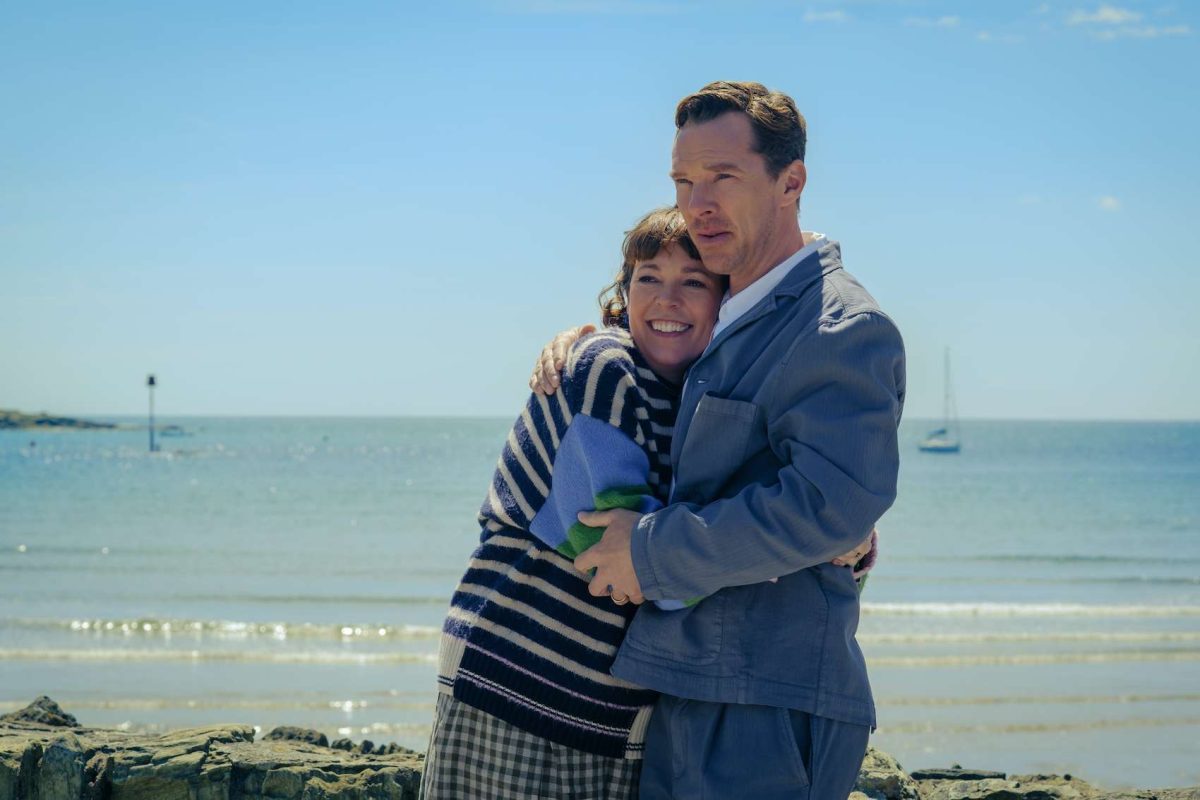
As entertaining as DeVito’s “The War of the Roses” was, it painted a portrayal of domestic paranoia that struggled to find any genuine compassion within the characters’ dynamic. If anything, both were so self-absorbed and blissfully ignorant that they deserved one another. “The Roses” asks for more sympathy, as both Theo and Ivy struggle with issues that are out of their control.
Even if it similarly lacks the ability to say something relevant about the job market, as “The Roses” rarely acknowledges its characters’ privileges, it is sympathetic to Theo’s anxieties about not being offered a creative outlet. While Ivy could have easily been transformed into a domineering, prickly maternal figure, Colman finds a defensive vulnerability within a character who is made to feel guilty about her professional success.
“The Roses” hails from director Jay Roach, an underrated figure in the modern comedy landscape, who helmed the “Austin Powers” series, as well as Oscar-nominated biopics “Trumbo” and “Bombshell.” If there are any of Roach’s prior credits that are similar in tone to “The Roses,” it’s “Meet the Parents” and its sequel, “Meet the Fockers,” which explored how awkward interactions between family members are exacerbated by conforming to social pressures. “The Roses” isn’t quite as raunchy as Roach’s prior work, but its restraint is often to the film’s benefit. The most effective stingers are the nasty exchanges of witty banter by the central duo, as “Poor Things” screenwriter Tony McNamara finds increasingly creative ways for them to insult one another.
Top 10 Movie Performances of Olivia Colman Ranked
The issue with “The Roses” is that these entertaining sequences are haphazardly sprinkled within a film that lacks a compelling structure. As interesting as it is for the film not to turn into a perpetual escalation, as it aims to be more reflective of the actual ups and downs of a marriage, the goalposts seem to move for what characters hope to achieve.
While at first Theo’s adjustment to domesticity and unusual parenting goals creates tension, it transforms into a battle of personal pride, and then a fierce battle over ownership of both property and children. Perhaps the intention was to show the parasitic nature of the ego, as Ivy and Theo are so desperate to impress and outdo one another that they’re willing to fight to the death over any minor kerfuffle. Nonetheless, the structural confusion becomes increasingly apparent as the film continues, particularly in the awkward way that the children are cut out of the story.
It helps that both Cumberbatch and Colman can play authentic characters that don’t feel like caricatures, as both Theo and Ivy are relatively ordinary people who lose sight of their dignity when pushed to their emotional extremes. Unfortunately, “The Roses” is often confused about just how serious it wants to be. While there are moments of spontaneity and nastiness that feel more reflective of Roach’s prior work, it’s often a more serious romantic dramedy in the vein of Nancy Meyers or Noah Baumbach. Even if many of the conversations the characters share are profound, it no longer feels realistic for them to retain the status quo of their relationship.
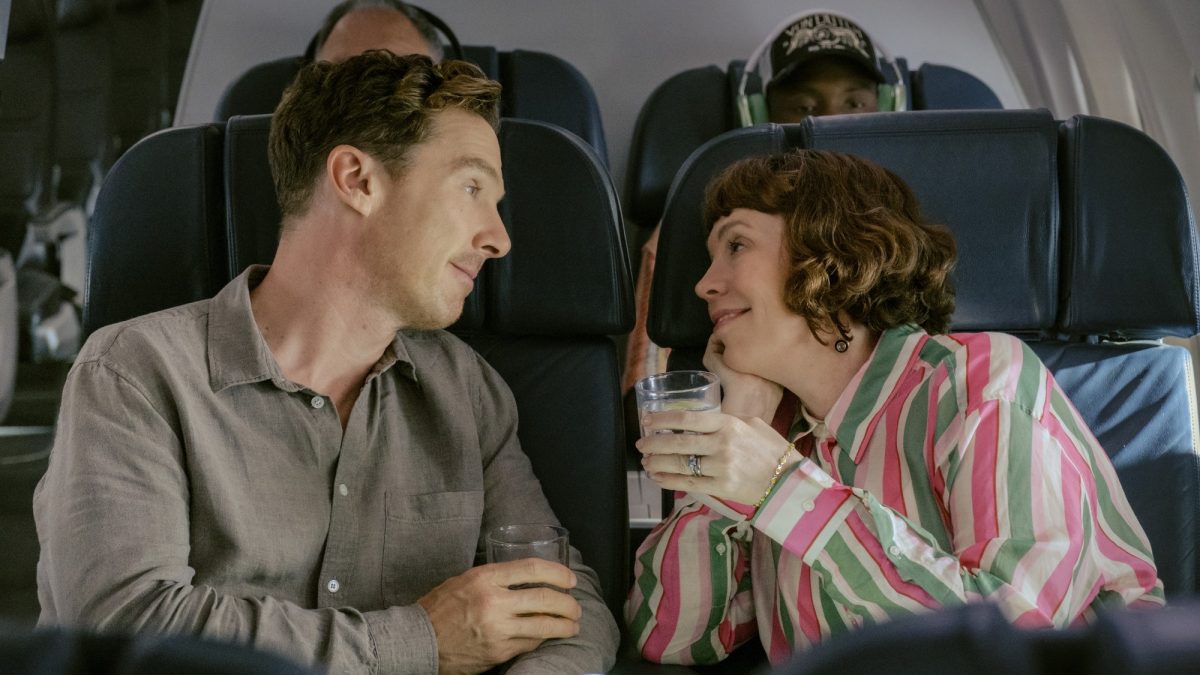
“The Roses” also underserves its supporting cast, as the friendly American couple Barry (Andy Samberg) and Amy (Kate McKinnon) only exist to show what a more well-mannered, if equally unhappy marriage would look like. Both Samberg and McKinnon excel at playing wacky characters with memorable zingers, but they feel far too broad for a film that is otherwise conforming to a somewhat recognizable version of reality. Alison Janney has a standout scene as a divorce lawyer hired by Ivy, but her presence is introduced too late within the story to have a significant impact.
“The Roses” is rarely dull, as even the most banal moments of infighting generally conclude with a humorous sight gag or cutting observation about gender dynamics. Nonetheless, there’s an odd lack of weight to some of the more outrageous scenarios, making it unclear when either Ivy or Theo would reach their breaking point. It’s only in the last act that “The Roses” fully commits to one specific standoff, which is largely repeated by most of the side characters, including the uninteresting children. It shouldn’t be a surprise that this is also the funniest and most inventive aspect of the film. “The Roses” ends on such a high note that it is easy to dismiss some of its previous flaws.
“The Roses” opted to be subversive in a different way than its predecessor. It would no longer feel shocking for a film to deal with the toxicity of marriage, so it was likely a smart decision to highlight how easy it can be for affection to be misconstrued, distorted, and misappropriated. It’s certainly a mixed bag, as despite some rather laborious scenes of circular reasoning, “The Roses” has moments when it feels like one of the year’s funniest films.


